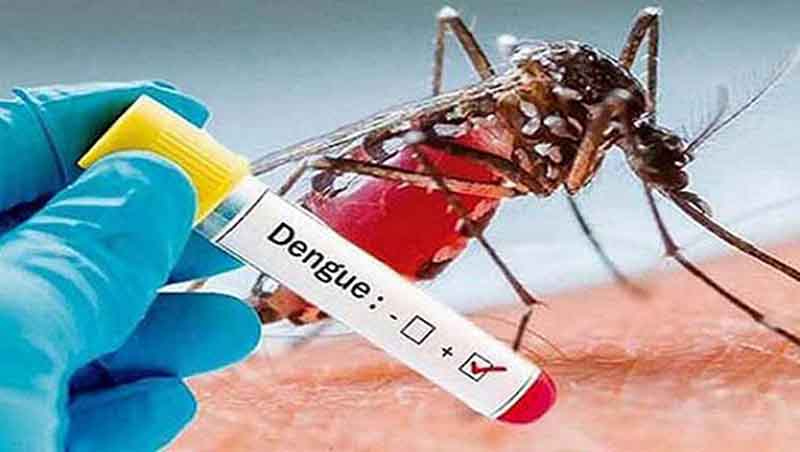There is no active transmission of arboviruses in Holguín, but...
- Written by Lourdes Pichs Rodríguez
- Published in Health
- Hits: 1239

Although there is no active transmission of arboviruses in the province of Holguín, there are cases in most of the 14 municipalities. Therefore, vigilance is being increased throughout the territory, and the population is urged to visit health institutions if they experience signs of fever and other symptoms, to be evaluated by specialists and receive appropriate treatment.
Dr. Geanela Cruz Ávila said that the province is not exempt from danger, because at this time of year, there has historically been an increase in the transmission of arboviruses, in addition to the environmental risks that are also a problem in our province today.
Dengue has four serotypes, and serotype four is confirmed to be circulating. In addition, the presence of chikungunya (an infectious disease transmitted to humans by the Aedes aegypti and albopictus mosquitoes infected with the virus) was confirmed in the town of Cristino Naranjo, municipality of Cacocum, but so far, there are no positive cases, although the threat of the emergence of these arboviruses and localized transmission in some territory is present, the doctor explained.
Given this epidemiological situation, the specialist stressed the need to see a doctor in case of nonspecific fever syndrome accompanied by muscle, joint, and retroocular pain; general malaise and headache, although abdominal pain, nausea, and taste disturbances.
She also highlighted the surveillance currently in place throughout Holguín. Based on clinical suspicion in an area and the location of the focal infection, a single serum sample is collected in the province. These samples are also sent for quality control to the Pedro Kourí Institute of Tropical Medicine (IPK). PCR testing is also performed for the diagnosis and confirmation of all arbovirus infections.
Regarding the environmental situation and its impact on arbovirus infections, she noted that environmental factors have a direct influence on the proliferation of the Aedes aegypti focal infection and vectors in general.
She emphasized community participation in cleaning yards and ensuring water drainage to prevent stagnant water, among other measures to ensure overall hygiene and health.
